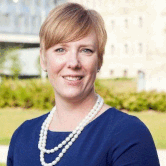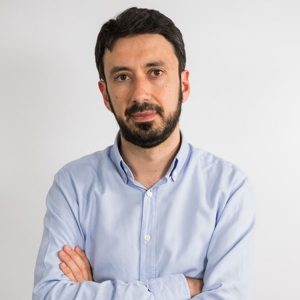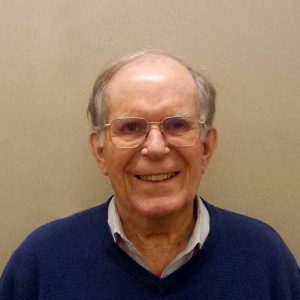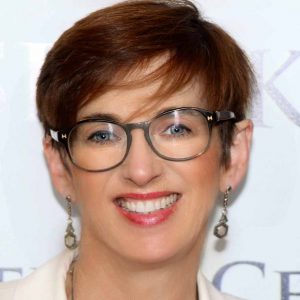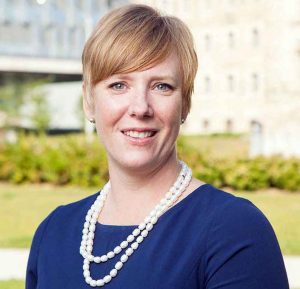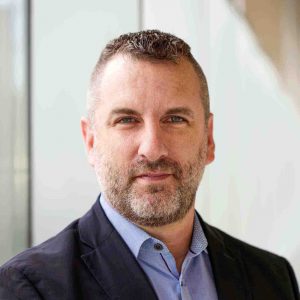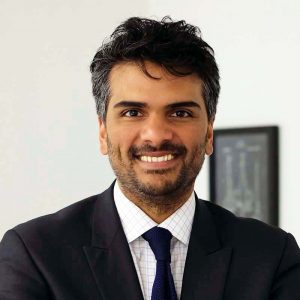Podcast: Play in new window | Download (Duration: 21:02 — 28.9MB) | Embed
Subscribe: iHeartRadio | Email | RSS | More
In this podcast, Ross Upsh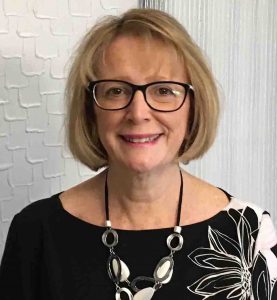 ur interviews Gail Elliot about dementia care and the state of dementia care and how it can measure up to expectations that will provide the kind of care which takes into account the individual’s entirety as a human, focusing on personal narrative, brain, environment, needs, abilities and disease.
ur interviews Gail Elliot about dementia care and the state of dementia care and how it can measure up to expectations that will provide the kind of care which takes into account the individual’s entirety as a human, focusing on personal narrative, brain, environment, needs, abilities and disease.
Continue reading Better Dementia Care: Connecting Science to Action
